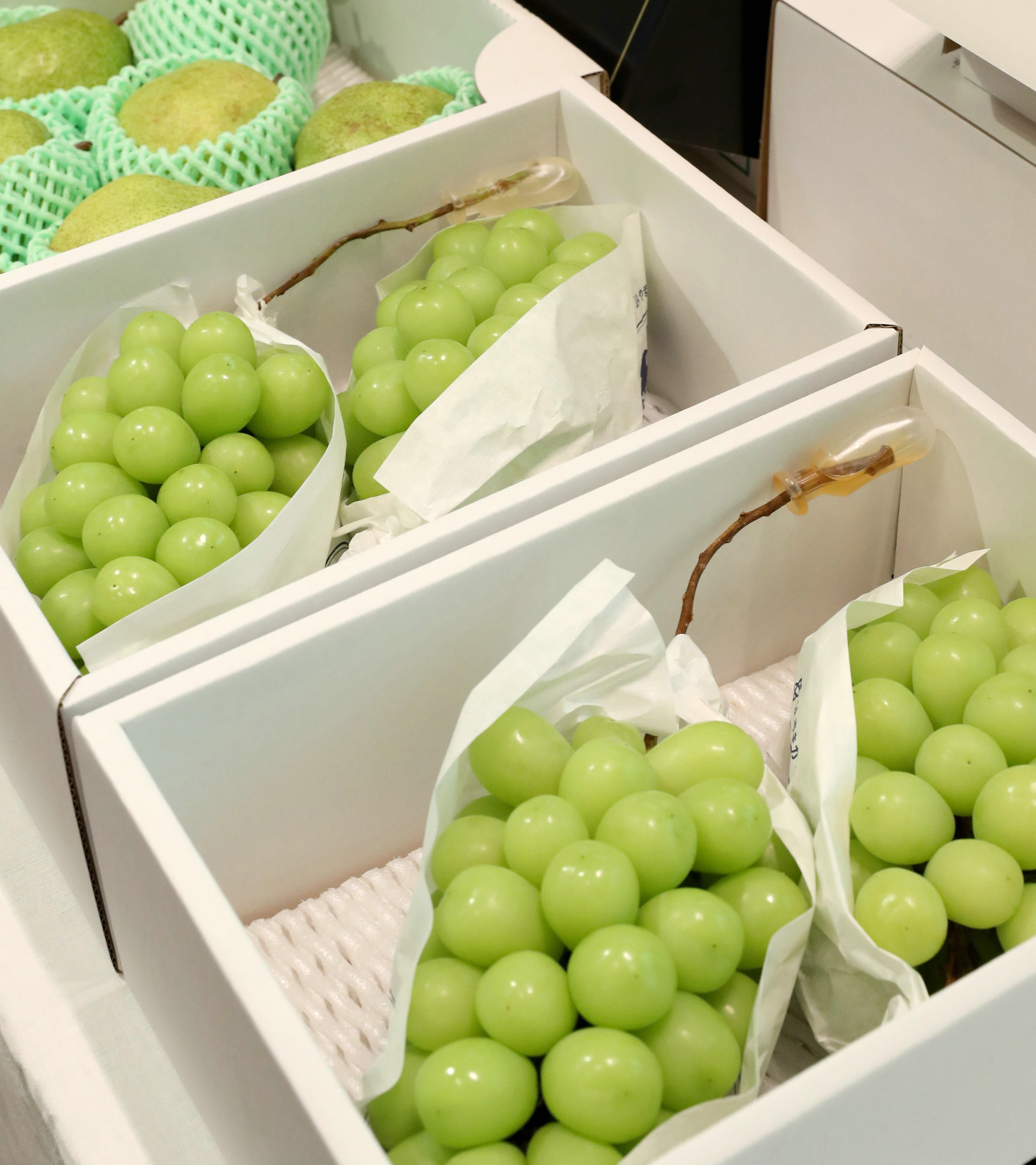Japanese grape farmers are voicing strong opposition against the proposal to offer cultivation rights of high-end grapes to foreign investors. This move, initiated by some local governments and organizations, is aimed to attract more foreign investments into the country's agricultural sector. However, it has fueled concerns among local farmers who worry that it might cause overproduction and series of possible problems, such as price depreciation and loss of traditional farming techniques.
In Japan, agriculture and farming hold significant cultural value and influence in local communities. Japanese people place great importance on their traditional farming methods, and each variety of produce is the result of centuries of careful cultivation. This opposition reflects their concern on preserving the sector's tradition and sustainability. Moreover, local grape farmers, particularly those cultivating high-end grapes, fear they may not be able to compete with foreign investors on a commercial scale.
In the US or EU, decisions on agricultural investments or changes in farming practices usually involve comprehensive consultations with major stakeholders, including the farmers, consumers, and industry experts. This practice ensures that all interests are balanced, and the overall industry health is maintained. The growing influence of foreign investment in agricultural sectors can also be seen globally, as countries seek to boost both production and profit margins.

